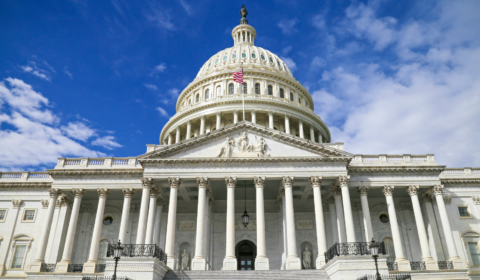As more and more people eschew the symbol of the remembrance poppy, we analyse where all this controversy began, and whether it has merit.
It’s November as I write this. Everywhere you turn on the London tube at the moment people are sporting variations of the remembrance poppy on their lapels, bags, coats… practically stapled to their foreheads in some cases. The bustling tube stops of this metropolitan city are taken over by tasteful donation tables run by the Royal British Legion and friendly bucket shakers all requesting money to help the charity support servicemen past and present and their families.
In exchange for a donation of any size you can choose to claim a paper poppy pin and strap it to yourself with pride.


We do this in the lead up to Remembrance Day on 11th Nov – the anniversary of the armistice signed to end WWI. We do it to show that during this month, or at least on the 11th for a minute or two, we remember the millions of people who lost their lives in the two most devastating conflicts experienced by the human race to date.
The poppy is generally an Anglo-Saxon symbol of remembrance (although there are black poppies available to remember the fallen from African nations) worn by members of the British Commonwealth – the UK, Australia, and New Zealand. Over time it’s come to be accepted practice that public figures wear the poppy, and those who don’t often face a diatribe of abuse and accusations of anti-patriotism.
Lately, however, there’s been a backlash against the poppy as an essential display of Britishness. Last year, Manchester United player Nemanja Matic refused to wear the poppy along with his teammates in a football game ahead of a Remembrance Sunday to the tune of synchronised boomer outrage. Moreover, throughout the past few Novembers a surfeit of commentators and journalists have published long sermons on why they and their contemporaries are shunning the poppy.
What was once a straightforward symbol of peace has become politicised, as all things do, and is now shrouded in controversies that are both sensitive and hard to understand. Many poppy wearers, myself included, being only peripherally aware of the reasons behind poppy conflict are at risk of feeling that our attempt at respect doesn’t mean what we think it does.
It’s a perfectly legitimate stance to completely ignore these narratives and to simply wear or not wear the poppy as you see fit, something I was initially tempted to do. But after researching the arguments of poppy deniers I found myself sympathising with some of their points, and feeling as if I had been unwittingly participating in a dialogue by wearing it that I may not wholly agree with.


The poppy has a direct symbolic link to those who lost their lives in the first and second world wars. In that way, they’ve come to symbolise ‘our’ fallen – the young men who, predominately white and nationally British, died at the behest of others, notionally ‘for their country’ and unequivocally to repel the spread of right-wing nationalism.
The poppy represents the consensus that existed after the armistice – not a military or political consensus, but an emotional one that the indiscriminate bloodletting of total war was too terrible ever to be forgotten, that only in solemn remembrance can we make sense of these millions of deaths. This is the version of the poppy that I subscribe to – the attempt to put a finer point on our incomprehension at this carnage, and our promise to never let it happen again.
To sport the poppy, then, would seem to be a declaration that we’ve succeeded in this goal – that total industrialised war no longer wreaks the kind of destruction we allowed it to then.
But that’s not the case. For the past several decades western war technology has been getting more and more advanced, and from Syria to Iraq to Vietnam our post WWII war-time history has been one of invasion, brutal suppression, and drone strikes.




















